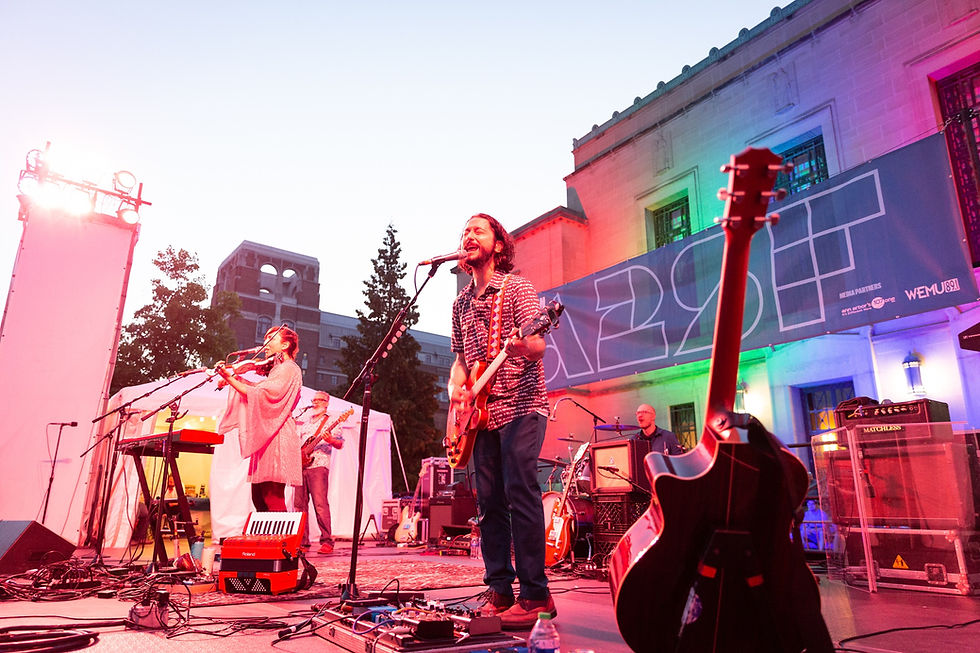Pride Journeys Ecotourism: Rwanda
- Joey Amato

- Aug 13, 2020
- 2 min read
Updated: Aug 17, 2020

Rwanda, known as the land of a thousand hills, is an East African country that has distinguised itself as a leader in sustainability and ecotourism. The capital of Rwanda, Kigali, is regarded as ‘the cleanest city in Africa,’ due in part to the country's plastic bag ban and monthly community service day, called ‘umuganda.’ This occurs on the last Saturday of every month when Rwandans come together to contribute to public works projects around the country, such as cleaning up litter, planting trees, building new infrastructure, and more.
The government also created a national climate change and environment fund, called FONERWA, to fuel and support green initiatives technologically and financially in Rwanda. Since 2013, it has assisted with different 42 projects, created over 137,000 green jobs, and protected nearly 20,000 hectares of land from soil erosion. With tourism increasing, Rwanda has placed a great importance on conservation and responsible tourism.

Below are some of the eco-friendly lodging options with conservation initiatives in Rwanda.
One&Only Nyungwe - Located next to Nyungwe Forest National Park, the largest mountain rainforest in all of Africa, One&Only takes extra precaution to consider conservation and the local community. For example, the resort team always participates in umuganda, and encourages guests to join them to gain firsthand experience of the local community.
Wilderness Safaris - Operating in eight African countries, Wilderness Safaris is widely regarded as the leading ecotourism operator and known for its extensive and ongoing conservation work. Bisate Lodge and Magashi Camp are two of Wilderness Safaris’ properties in Rwanda.
Bisate Lodge is dedicated to creating a positive impact on the gorillas of Volcanoes National Park and the surrounding environment, and also manages a reforestation project in the area. In 18 months, Bisate planted over 20,000 indigineous trees in the area and aims to eventually create a full forest. Bisate Lodge also sources the majority of its produce from its own garden and local farms within a 5-kilometer radius of the retreat.
Magashi Camp operates in partnership with the Rwanda Development Board and conservation group African Parks with the goal to promote sustainable ecotourism and to help conserve Rwanda’s last protected savannah ecosystem. This includes providing support in monitoring and studying the endangered wildlife, removing invasive plant species, and more. The camp is completely solar-powered and free of single-use plastic.
Kigali’s first eco-friendly luxury boutique hotel, The Retreat, features 11 entirely solar-powered rooms complete with locally crafted sustainable teak wood furniture. Their restaurants serve meals made with organic ingredients sourced from their onsite vegetable garden and local Rwandan farmers.
Photos Courtesy of Visit Rwanda













